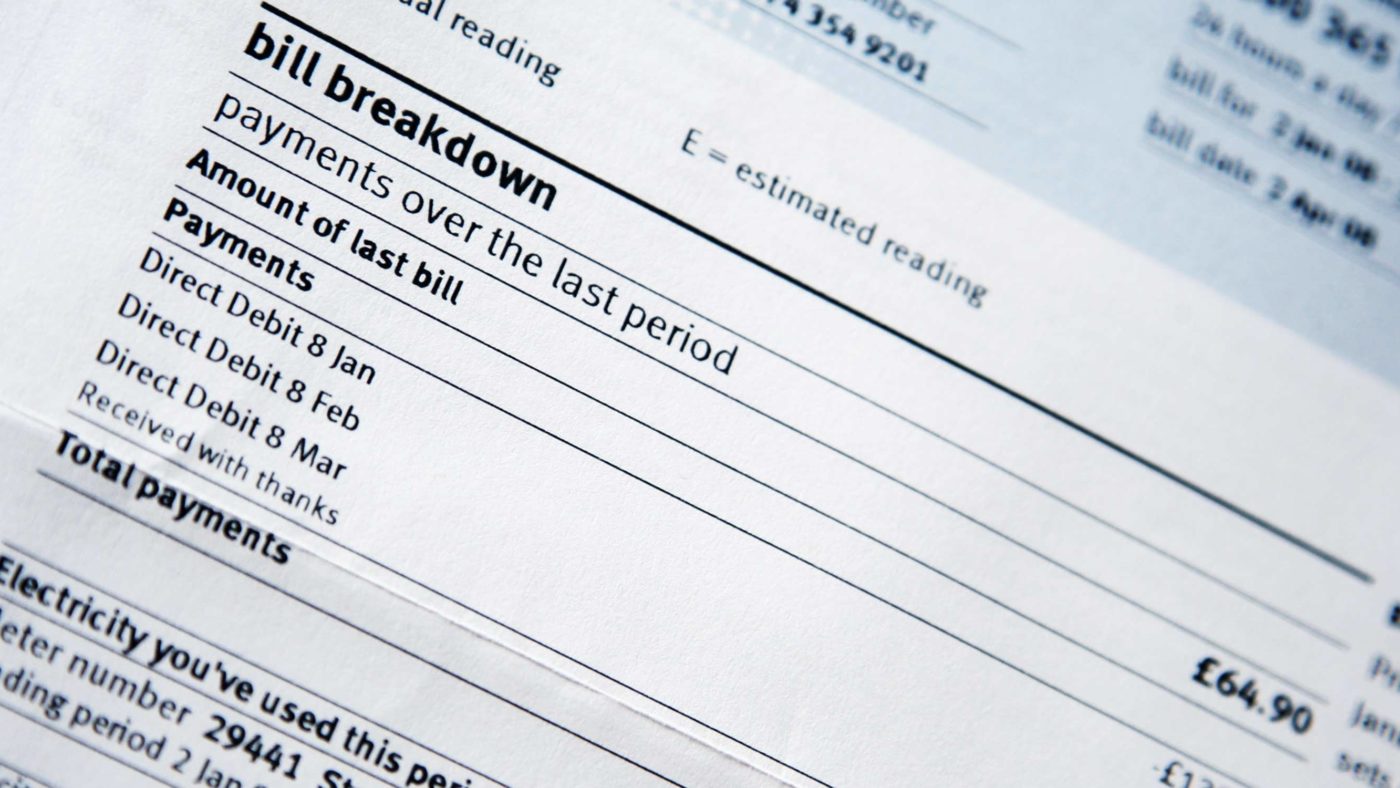With Ofgem about to announce a hike in the energy price cap, politicians, NGOs and commentators are lining up with ways to protect families who can ill afford another increase to their household bills. The trouble is, few of these policy proposals would achieve much at all, while many would be actively bad for consumers.
In the former camp – proposals which are broadly good, but won’t make much difference – we have ideas like paying for some green levies through general taxation, rather than bills. Given that some of the green levy revenue goes on early-stage research and development of green energy technologies, there’s a ‘public good’ case to be made for the Government footing the bill. In terms of bills, if all policy costs were shifted onto general taxation, it could save the average household about £170 a year. It would also be a more progressive way of funding green levies, as energy bills take up a higher proportion of low-income households’ outgoings.
Unfortunately, there are far more proposals which have almost no merit whatsoever. Perhaps the most eye-catching idea, which has garnered support from an unlikely coalition of the Labour Party and the Tory climate-sceptic right, is to remove VAT on energy bills.
Enacting this cut would be straightforward, and provide a small amount of immediate relief – perhaps £90 on an average bill – but it would be a very inefficient way to intervene. First and foremost, it would disproportionately benefit wealthier households, who tend to consume more gas and electricity to begin with on account of having bigger houses. Second, unless the Government wants to pay for this cut by borrowing more, it will need to raise the money through other means. And because VAT is generally a ‘good’ way of raising revenues, in all likelihood we’d just end up with a worse tax system in the round. Last of all, I worry what precedent this would set for other industries – it’s not hard to imagine the line of lobbyists who’ll be queuing down Whitehall to ask Rishi Sunak for a special bung to their sector too.
To its credit, the Government appears wise to all of this. Newspapers have been reporting for weeks that a VAT cut was not something Ministers were keen on, and earlier this week the Chief Secretary to the Treasury, Simon Clarke, told the BBC that he would rather see support targeted to those who need it the most. Indeed, I suspect if (or when) we do see the Government stepping in to help, it will be in the form of expanding the generosity and eligibility of benefits tied to energy bills – whether that is through existing schemes such as the Warm Home Discount or new ones entirely.
I sympathise with ministers trying to navigate this particular headache. While the current energy crunch has many underlying factors, the key driver – spiralling international gas prices – is fundamentally out of their control. But given the scale of the issue, to turn around and say: “not our problem” simply isn’t an option. That’s why I think we need to assess the energy challenge amid the wider context of the cost of living crisis.
Yes, look for ways to trim gas and electricity bills where possible and where sensible. But at the same time, look across the board and think about where the Government really can make a meaningful impact in bringing down the cost of essentials.
Childcare, for example, could be made cheaper if we liberalise staff-to-children ratios. Tariffs do now seem to be heading in the right direction, but more still could – and should – be abolished entirely. If we actually allowed homes to be built where people want them, the cost of putting a roof over your family’s head might not be so astronomical.
Finally, personal taxes. On April 6 – just five days after the energy price cap gets hiked – millions of workers will see their take-home pay reduced as they start paying higher National Insurance contributions. Some particularly unlucky ones might find themselves out of the job altogether, as businesses struggle to pay their side of the bargain too. There is still time rethink this move, and look for less economically distorting ways to raise the money necessary to fund the crippled health system.
Not all of the ideas outlined above will necessarily deliver the intended cost savings in time to shield people from the coming price rises. It seems inevitable that 2022 will be a year of belt tightening for many, with the Government having to do much more to help those for whom that isn’t possible. But the sooner we crack on with assiduously delivering genuine supply-side reforms, the sooner businesses can start providing more affordable goods and services, and the sooner we might be released from the current crisis.
Click here to subscribe to our daily briefing – the best pieces from CapX and across the web.
CapX depends on the generosity of its readers. If you value what we do, please consider making a donation.


